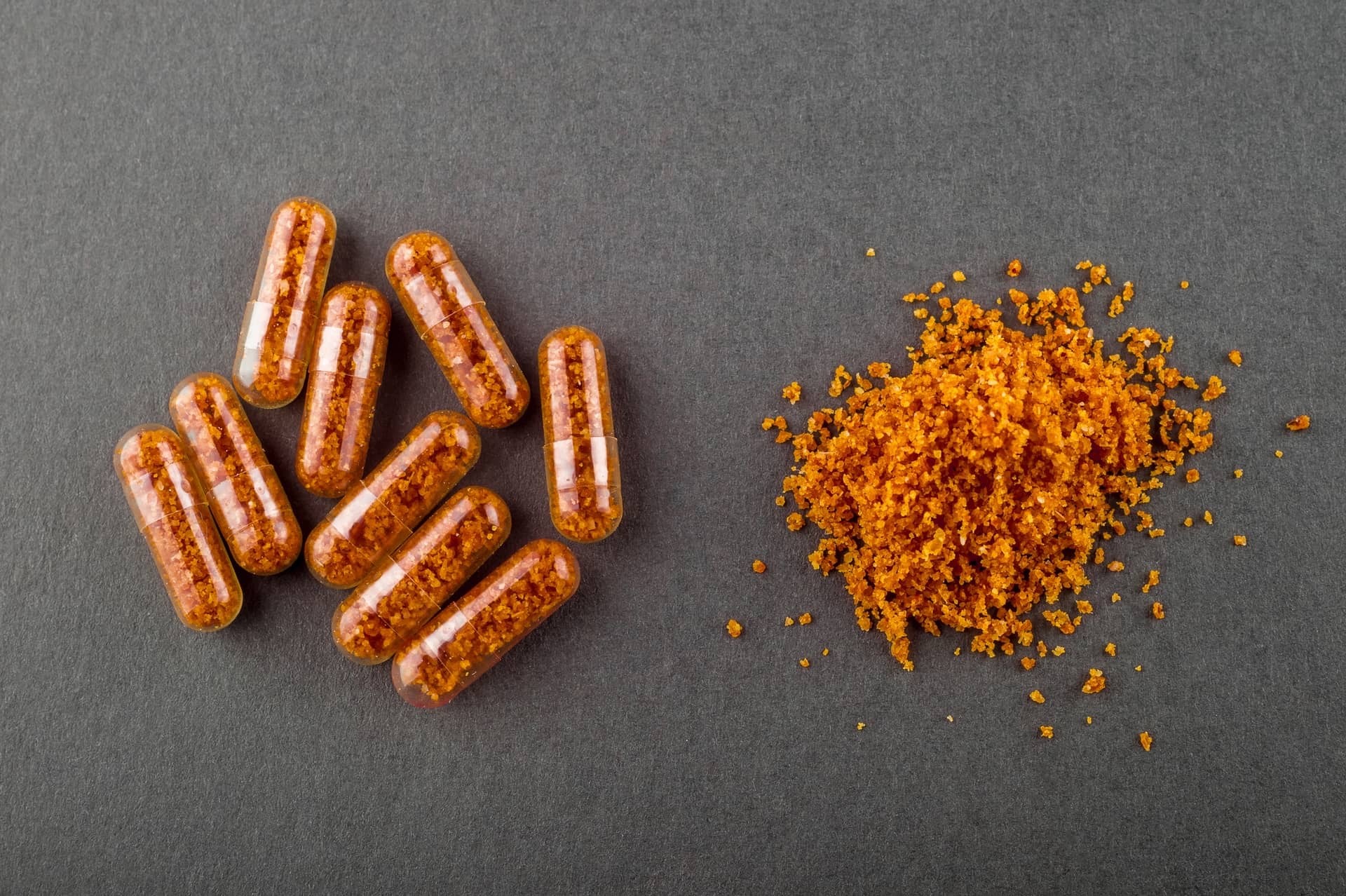
That’s right. The therapy is called a fecal transplant – having somebody else’s fecal matter “transplanted” into your digestive tract. It’s already being used to cure Clostridium difficile (C. diff) -- a serious infection of the colon. C. diff is caused by nasty digestive tract pathogens that often resist conventional drug treatments.
When you get a fecal transplant, you receive the beneficial bacteria that reside in a healthy person’s poop. If your gut is infected, the microbes from the healthy person take root and eliminate pathogenic bacteria that have been causing problems.
Now there’s evidence that the benefits go way beyond treating colon infections. Fecal transfers may be able to turn back the clock on getting old.
Ancient Chinese Medical Technique
The idea of using a fecal transplant as a healing technique is old news in Asia. A Chinese medical practitioner named Ge Hong, writing about 1700 years ago, recommended consuming dried fecal matter added to broth as a way to treat diarrhea. The Chinese term for it translates as “yellow soup.”[i] Today’s practice inserts fecal matter with a colonoscopy-type device or an enema directly into the colon.While the first modern day use of fecal transfers was to battle C. diff, researchers are now testing its potential to treat other diseases and to slow down aging.
For instance, animal studies conducted in Germany indicate that poop transfers from a healthy young person to a senior citizen might be able to extend life expectancy for the senior by 37 percent.[ii] Of course, that’s assuming the results in humans match those in the animals.
Permanent Change in The Body
Crazy as it may sound, fecal transplants are a hot area – in mainstream medicine, no less. Two of the most intriguing aspects of the research into fecal transplants is that the improvements they make in your body seem to be permanent and the benefits can be wide-ranging and life-changing. When researchers in Finland looked at the digestive health of people with C. diff who got fecal transplants, they found that their intestinal tracts were still healthy a year later. That’s a sharp change from the oral probiotics most of us take, which die out in our colons shortly after we stop taking the supplements."Our results suggest that intestinal microbiota (bacteria living in the digestive tract) can be modified relatively permanently,” says researcher Reetta Satokari from the University of Helsinki.
In other research, laboratory work at the University of Illinois at Chicago College of Medicine shows that having healthier bacteria in the digestive tract may slow the progression of amyotrophic lateral sclerososis – ALS, also known as Lou Gehrig’s disease.
ALS gradually destroys the body’s neurons – nerve cells -- that allow a person to move, swallow and breathe. Stephen Hawking, who is confined to a wheelchair, is one of the most well-known people who have suffered from this condition.
The Illinois research shows that a chemical called butyrate, manufactured by probiotic bacteria in the intestines, helps neurons stay healthier longer and resist the degeneration that takes place during ALS.
"The brain and the gut are linked, so it's not too surprising that the health of the gut can impact the functioning of neurons," says researcher Jun Sun.
Healing The Whole Body
Researchers[i] note that the bacteria you get from a fecal transplant can potentially:- Boost immune resistance to disease.
- Improve insulin sensitivity and lower the risk of diabetes.
- Influence metabolism in ways that keep you from gaining weight.
- Lower the risk of various cancers.


